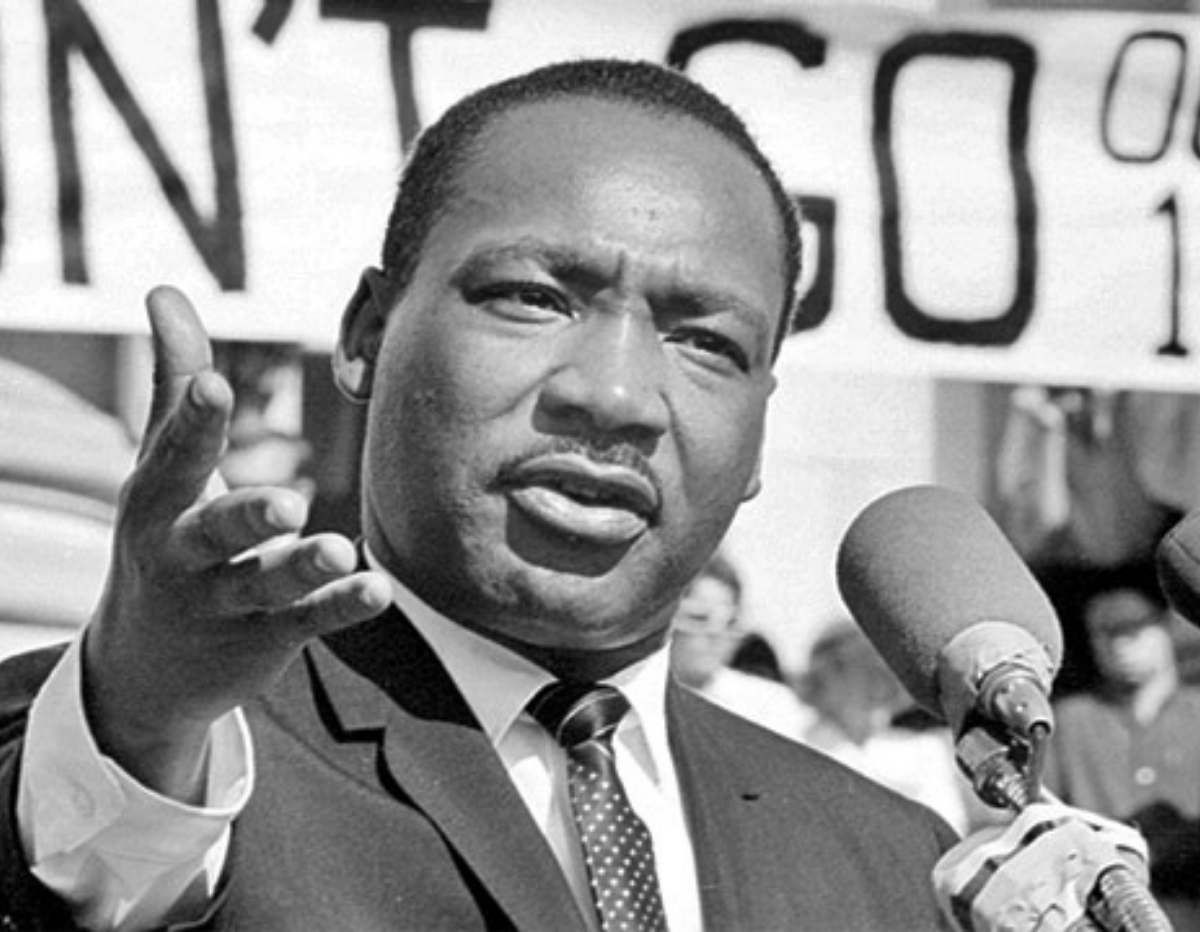
Today is a day for reflection. And I want to share the two thoughts foremost on my mind.
The first is gratitude for the life and legacy of Dr. Martin Luther King Jr. and his impact — while he was alive but also the enduring influence he has on our world, and the example he left for each of us.
The second is an affront to that legacy — the death penalty. In addition to celebrating Dr. King today, we must recognize the 45th anniversary of the first execution after the restoration of the death penalty in 1976.
Dr. King stands today as an icon for unity, nonviolence, and peace. He’s cited often when leaders are trying to find common ground. But that wasn’t the case when he was alive. True history tells us that he was a disruptor who didn’t shy away from confrontation.
One way he demonstrated that disruption was through his stance on the death penalty. In 1957, at a time when few weeks went by without an execution, Dr. King was clear: “Capital punishment is against…the highest expression of love in the nature of God.”
He knew that the death penalty was an undeniable extension of the legacy of lynching. Those acts are possible for the same reason that slavery was possible: in the words of Dr. King, to justify slavery early Americans “depersonalized” the victims, stripping them of their humanity, and they “stigmatized” Blackness.
Like our broader criminal legal system, racism is at the core of the death penalty system. Forty-one percent of death row is occupied by Black men. Of the 186 people exonerated since 1976, because of wrongful convictions, 54% were Black.
Like Dr. King, we cannot turn our heads away from this grave injustice. We cannot ignore the way this barbaric practice preys upon the vulnerable and feeds on racism. We cannot stand by while so many leaders cling to this false notion that we can achieve justice by killing, by inflicting trauma on families and communities.
Millions of Americans and 26 states have embraced Dr. King’s legacy of disruption by ending state-sponsored killings. More states will soon follow. And we need our leaders in Washington to do what is right and stop the federal death penalty, in whatever way possible.
I hope you can find time to watch this particular interview with Dr. King, just months before he was taken from us. He talks about the lasting impact of slavery at the 14-minute mark.



